The global Audit Software market is a theater of intense and sophisticated competition, where a diverse array of software vendors are vying to become the core operational platform for internal and external audit professionals. This rivalry is fueled by the market's strong growth prospects and the enormous strategic value that a modern, data-driven audit platform can deliver in an increasingly complex and regulated business environment. The nature of the Audit Software Market Competition is fundamentally a clash between two competing philosophies: the broad, integrated Governance, Risk, and Compliance (GRC) suite approach of major platform players versus the deep, specialized, best-of-breed functionality of focused audit management vendors. This central competitive dynamic creates a complex and challenging environment where vendors must constantly innovate on their products, particularly in areas like analytics and user experience, to differentiate themselves and win business from a discerning and demanding customer base of audit and risk professionals.
The competitive strategy of the integrated GRC platform providers, such as Workiva and Diligent, is to differentiate through the power of a unified, end-to-end solution. Their strategy is to offer a single platform that can serve not just the internal audit team (the "third line of defense"), but also the risk and compliance functions (the "second line") and business management (the "first line"). Their value proposition is centered on breaking down the traditional silos between these functions, creating a "connected risk" environment where data can flow seamlessly from risk identification to control testing to audit reporting. This holistic approach is highly appealing to C-level executives and board members who are seeking a single source of truth for all risk and assurance activities across the enterprise. They compete by leveraging their strengths in adjacent areas like financial reporting or board management to cross-sell their audit modules to their extensive existing customer bases.
In stark contrast, the competitive strategy of the best-of-breed challengers, such as AuditBoard, is to focus relentlessly on building the absolute best possible product for the audit professional. Their strategy is to win on the basis of a superior user experience, more intuitive workflows, and a deeper understanding of the day-to-day challenges faced by auditors. They compete by being more agile and responsive to customer feedback, often releasing new features and enhancements at a much faster pace than their larger, more bureaucratic competitors. Their go-to-market strategy is often a "land and expand" model, where they win over a single audit team with their superior product, and then leverage that success to expand across the entire organization. The Learning Management System Market is Set to Grow USD 84.79 Billion By 2035, Reaching at a CAGR of 14.62% During 2025 - 2035. The future of competition will see a continued tension between these two approaches, with the ultimate winners being those who can offer the best combination of deep, purpose-built functionality and seamless integration with the broader enterprise risk and IT ecosystem.
Top Trending Reports -


